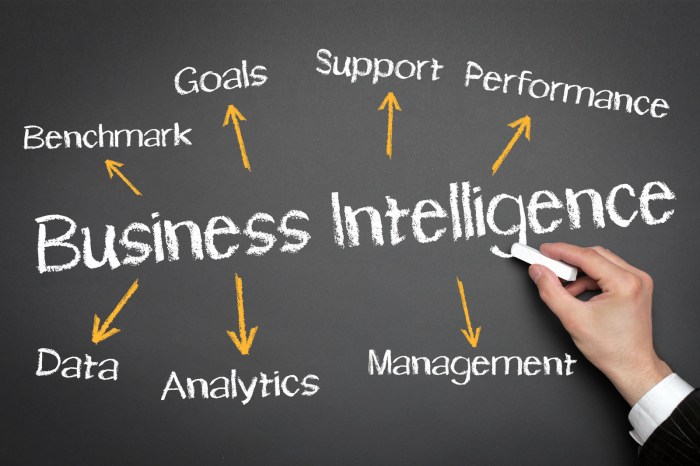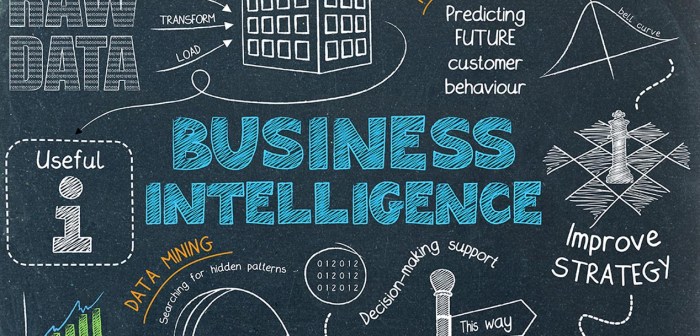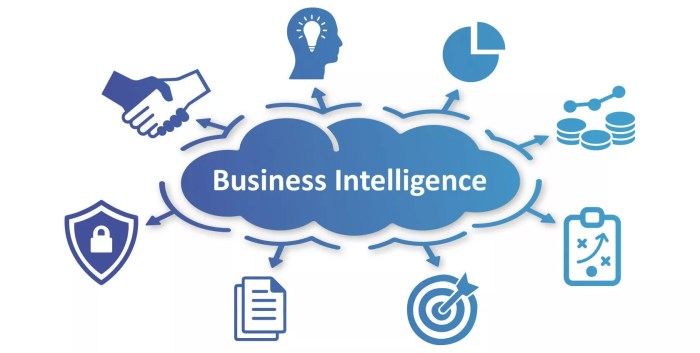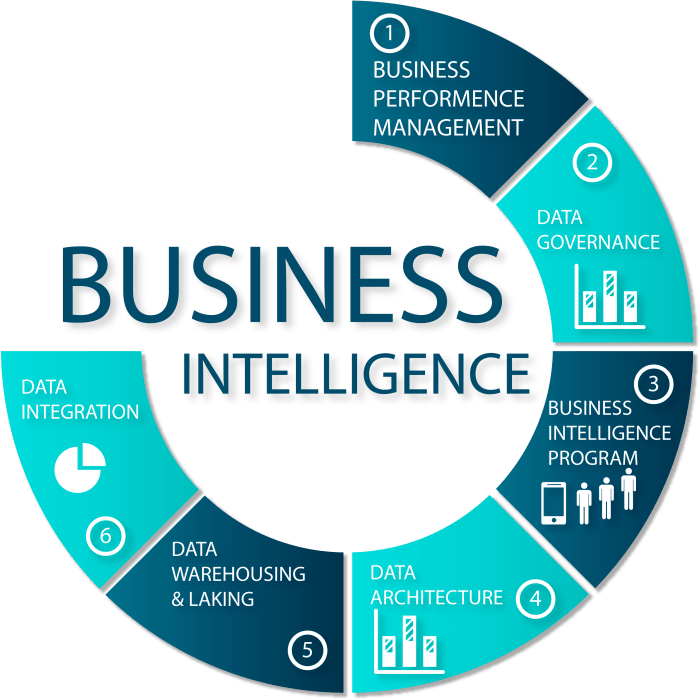Which of the following terms is synonymous with business analytics? This question delves into the realm of data-driven decision-making, exploring the multifaceted world of business analytics and its myriad of related terms.
Business analytics, a powerful tool for organizations, empowers them to leverage data to gain insights, optimize operations, and drive informed choices. As we delve into the nuances of business analytics and its synonymous terms, we will uncover the key concepts that underpin this transformative field.
Synonyms of Business Analytics

Business analytics is a broad term that encompasses a variety of techniques and methodologies used to analyze data and derive insights to improve business performance. It is often used interchangeably with other terms, such as:
- Data analytics
- Business intelligence
- Data mining
- Machine learning
- Predictive analytics
- Prescriptive analytics
- Statistical modeling
- Decision support
- Performance management
While these terms may have some subtle differences in their specific meanings, they all share the common goal of using data to improve business outcomes.
Applications of Business Analytics

Business analytics has a wide range of applications across different industries. Some of the most common applications include:
- Customer analytics: Analyzing customer data to understand their needs and preferences, and to develop targeted marketing campaigns.
- Financial analytics: Analyzing financial data to identify trends and patterns, and to make informed investment decisions.
- Operational analytics: Analyzing operational data to improve efficiency and productivity.
- Risk analytics: Analyzing data to identify and mitigate risks.
- Predictive analytics: Using data to predict future events, such as customer churn or demand for a product.
Business analytics can be used to improve decision-making at all levels of an organization. By providing data-driven insights, businesses can make more informed decisions about everything from product development to marketing to customer service.
Techniques and Tools for Business Analytics

There are a variety of techniques and tools that can be used for business analytics. Some of the most common techniques include:
- Data mining: Extracting hidden patterns and insights from data.
- Machine learning: Using algorithms to learn from data and make predictions.
- Statistical modeling: Using statistical techniques to analyze data and make inferences.
- Decision support: Using data to support decision-making.
- Performance management: Using data to track and improve performance.
The choice of techniques and tools to use will depend on the specific business problem being addressed.
Challenges and Opportunities in Business Analytics: Which Of The Following Terms Is Synonymous With Business Analytics

Organizations face a number of challenges in implementing and leveraging business analytics. Some of the most common challenges include:
- Data quality: Ensuring that the data used for analysis is accurate and complete.
- Data integration: Combining data from multiple sources into a single, cohesive dataset.
- Skills shortage: Finding qualified professionals with the necessary skills to implement and use business analytics solutions.
- Organizational culture: Creating a culture that values data-driven decision-making.
Despite these challenges, business analytics offers a number of opportunities for businesses to gain a competitive advantage. Some of the most promising opportunities include:
- Improved decision-making: Using data to make more informed decisions.
- Increased efficiency: Using data to identify and eliminate inefficiencies.
- Enhanced customer experience: Using data to understand customer needs and preferences.
- New product and service development: Using data to identify new opportunities for growth.
- Competitive advantage: Using data to gain a competitive advantage over other businesses.
Business analytics is a powerful tool that can be used to improve business performance. By addressing the challenges and seizing the opportunities, businesses can use business analytics to gain a competitive advantage and achieve their goals.
Answers to Common Questions
What is the primary goal of business analytics?
The primary goal of business analytics is to transform raw data into actionable insights that drive informed decision-making and improve organizational performance.
How does business analytics differ from traditional data analysis?
Business analytics extends beyond traditional data analysis by incorporating advanced techniques such as predictive modeling, machine learning, and data visualization to uncover hidden patterns and trends in data.
What are some common applications of business analytics?
Business analytics finds applications in various domains, including customer segmentation, risk assessment, fraud detection, supply chain optimization, and sales forecasting.